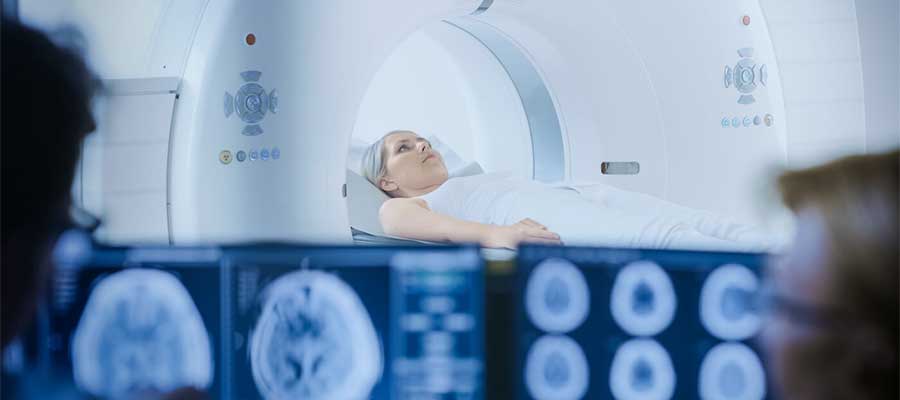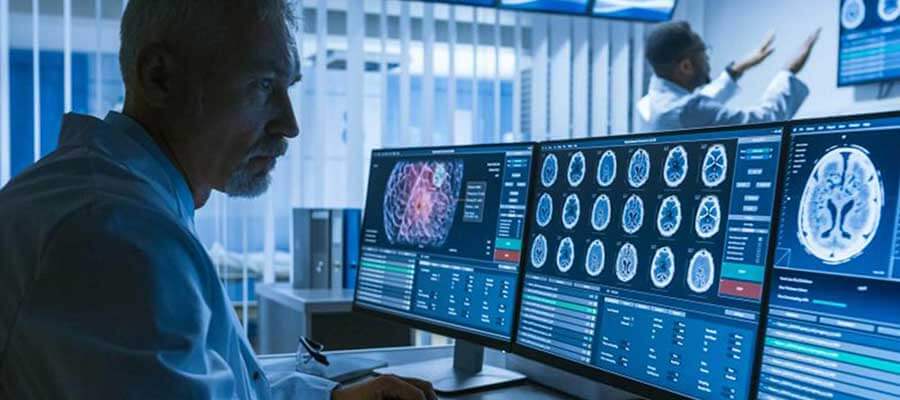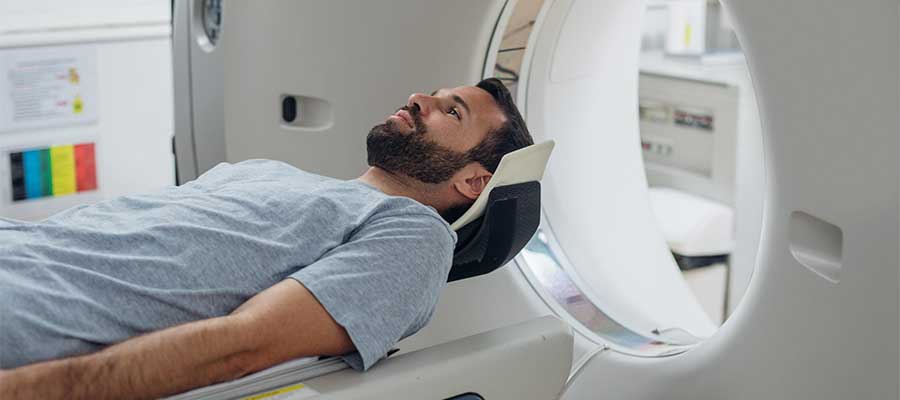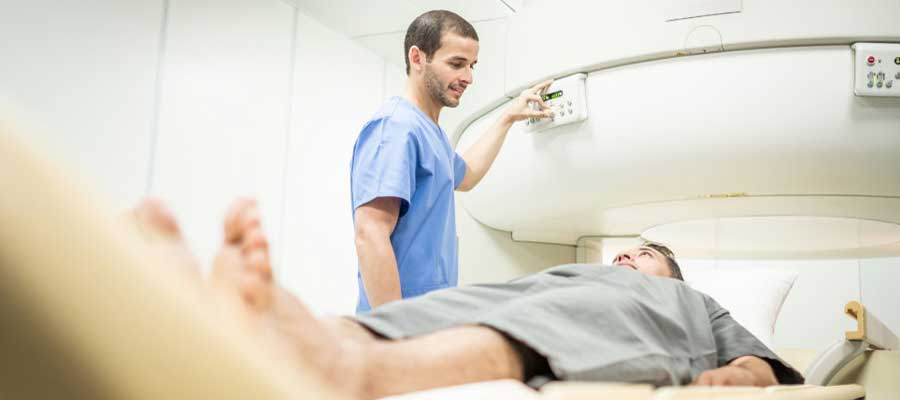Begin Your Journey Toward an MRI Associate’s Degree
Picture this: Sarah is juggling a full-time job and caring for her younger siblings. She’s been interested in medical imaging for a while but thought her schedule would never allow it. Then she discovers an online MRI associate’s degree program that lets her complete coursework on evenings and weekends, and clinical hours near her home. Within two years, Sarah transitioned into a full-time MRI technologist role at a local hospital—proof that with the right program, a career change is absolutely possible.
An MRI associate’s degree is more than a credential—it’s often the required entry point into becoming a technologist. With this degree, you’re prepared for roles in hospitals, imaging centers, and clinics. Just as important, you’ll gain the technical and interpersonal skills that turn you into a trusted member of the healthcare team.
What Makes a Strong, Flexible MRI Degree Program
Students considering MRI often already have work, family, or other commitments, so finding a program that blends rigor with flexibility is key. A strong degree program combines accredited coursework with accessible clinical training, giving you everything you need to move from student to certified technologist.
Pulse Radiology Institute’s MRI associate’s degree, for example, can be completed in about 18 months and is ARMRIT-accredited. Accreditation matters because it signals to employers and certification bodies that the program meets industry standards. Without it, you could graduate only to find your credential isn’t recognized.
The curriculum balances science and patient care. You’ll study MRI physics, pulse sequence design, and troubleshooting image artifacts while also learning anatomy, pathology, and medical ethics. Programs also emphasize patient care skills—how to calm anxiety, explain procedures, and build trust in the scan room. General education courses like communication and algebra round out your skills, ensuring you can think critically and interact professionally.
Clinical training bridges theory with practice. Programs arrange placements at hospitals and imaging centers, often within 100 miles of your location, so you gain hands-on experience positioning patients, running safety screenings, and operating MRI equipment under supervision. Some schools even supplement clinical practice with simulation software, helping students practice settings and protocols in a safe environment.
Support systems also make a difference. Academic advising, mentorship, and career services all play a role in keeping students on track. Programs that provide resume workshops, interview prep, and job placement support give you an added edge when it’s time to apply for positions.
From Graduation to a Growing Career
The path doesn’t end at graduation. After completing your associate’s degree and clinical training, most students pursue certification through ARMRIT or ARRT. Passing this exam demonstrates your competence to employers and is often required before you can be hired.
The payoff is worth the effort. According to the U.S. Bureau of Labor Statistics, the median annual salary for MRI technologists was $88,180 in 2024. Those in the top 10% earned more than $121,000, while entry-level or lower-experience positions started around $65,000. Salaries vary by region and facility, but across the board, MRI technology offers competitive pay.
Even more encouraging is the job outlook. Employment for MRI technologists is projected to grow by about 7% between 2024 and 2034, faster than the national average. That growth translates to thousands of new openings each year, often driven by retirements or people leaving the field. The continued advancement of imaging technology and the rising demand for diagnostic services mean that qualified technologists are unlikely to face job shortages.
Beyond pay and security, the work itself is meaningful. MRI technologists are part of critical diagnostic teams. Every scan you perform helps physicians detect conditions like neurological disorders, heart disease, or internal injuries—giving patients answers and guiding their care. It’s a career that combines high-tech skills with genuine human impact.
Completing an MRI associate’s degree at Pulse Radiology Institute gives you the tools, mentorship, and structure to not just earn a credential, but to launch a career where you thrive. With accredited coursework, clinical partnerships, flexible online learning, and post-graduation support, you’ll be equipped for certification and ready to step into a profession that offers stability, growth, and purpose.





